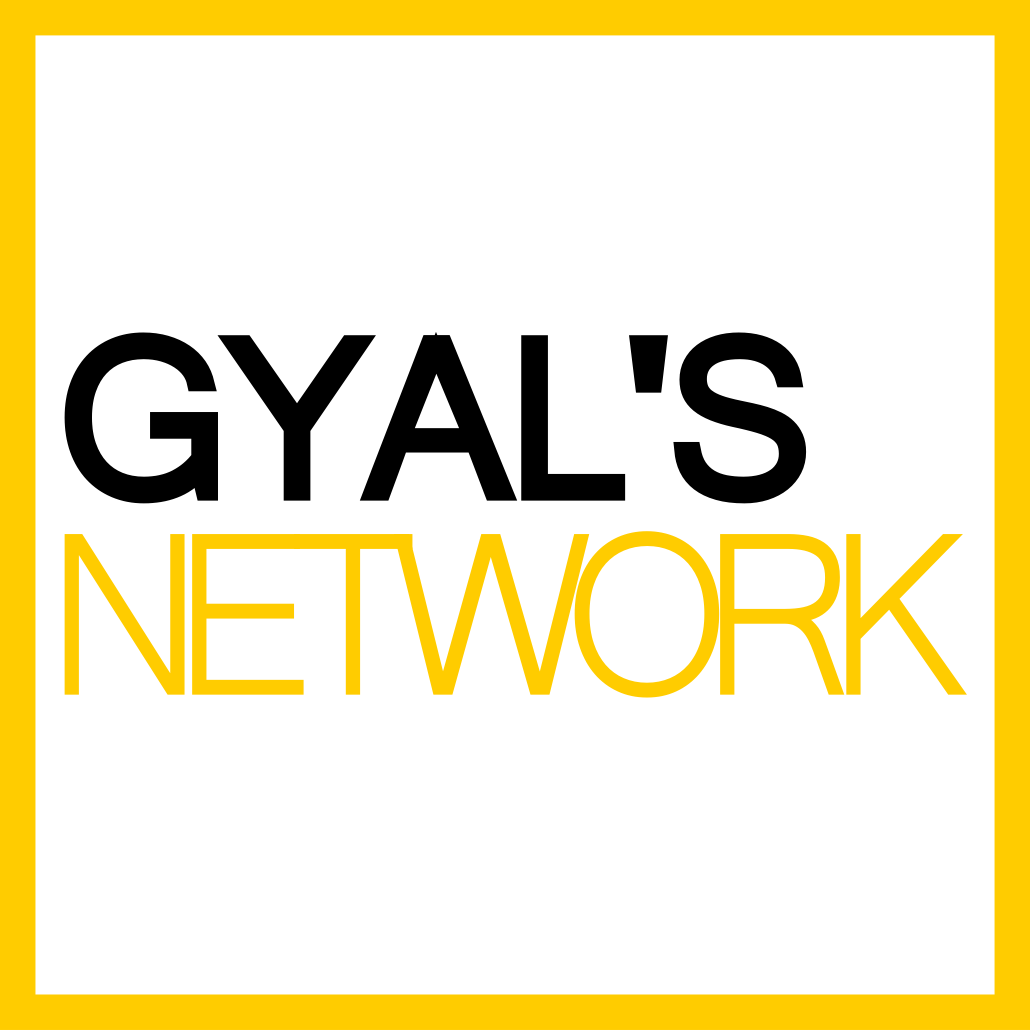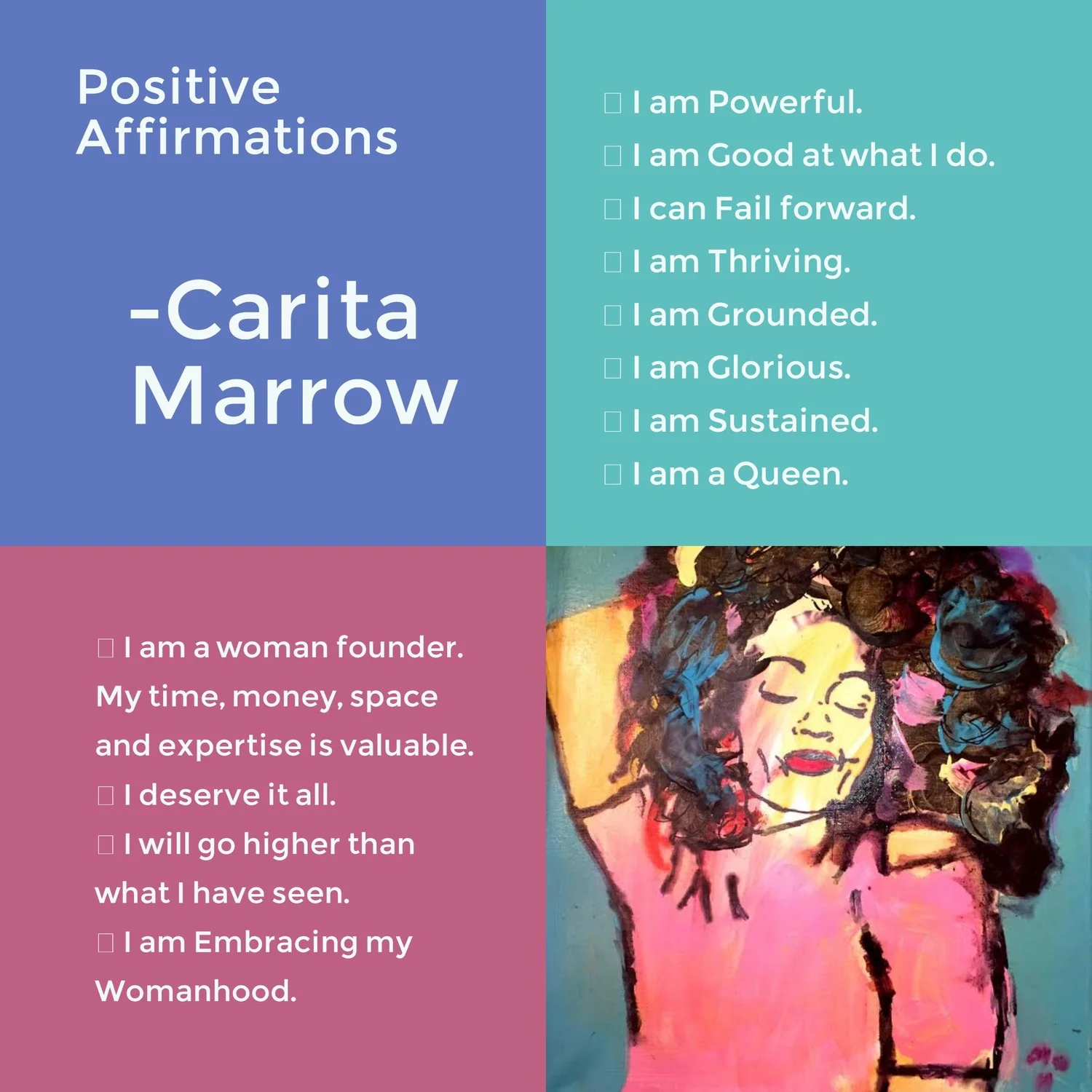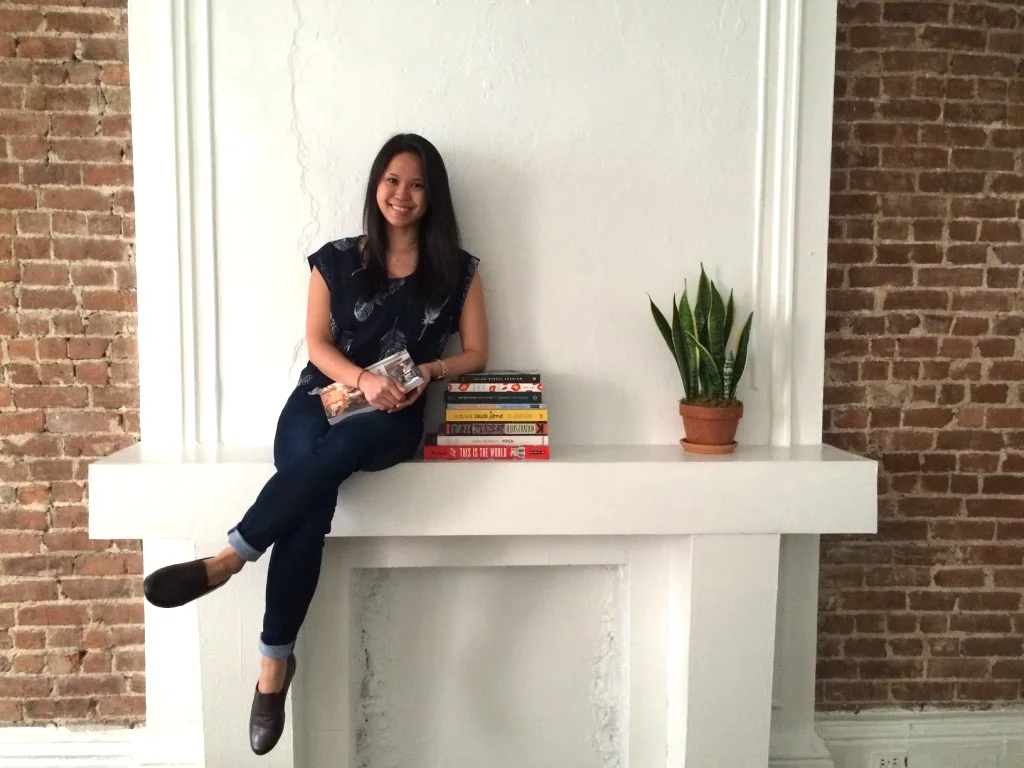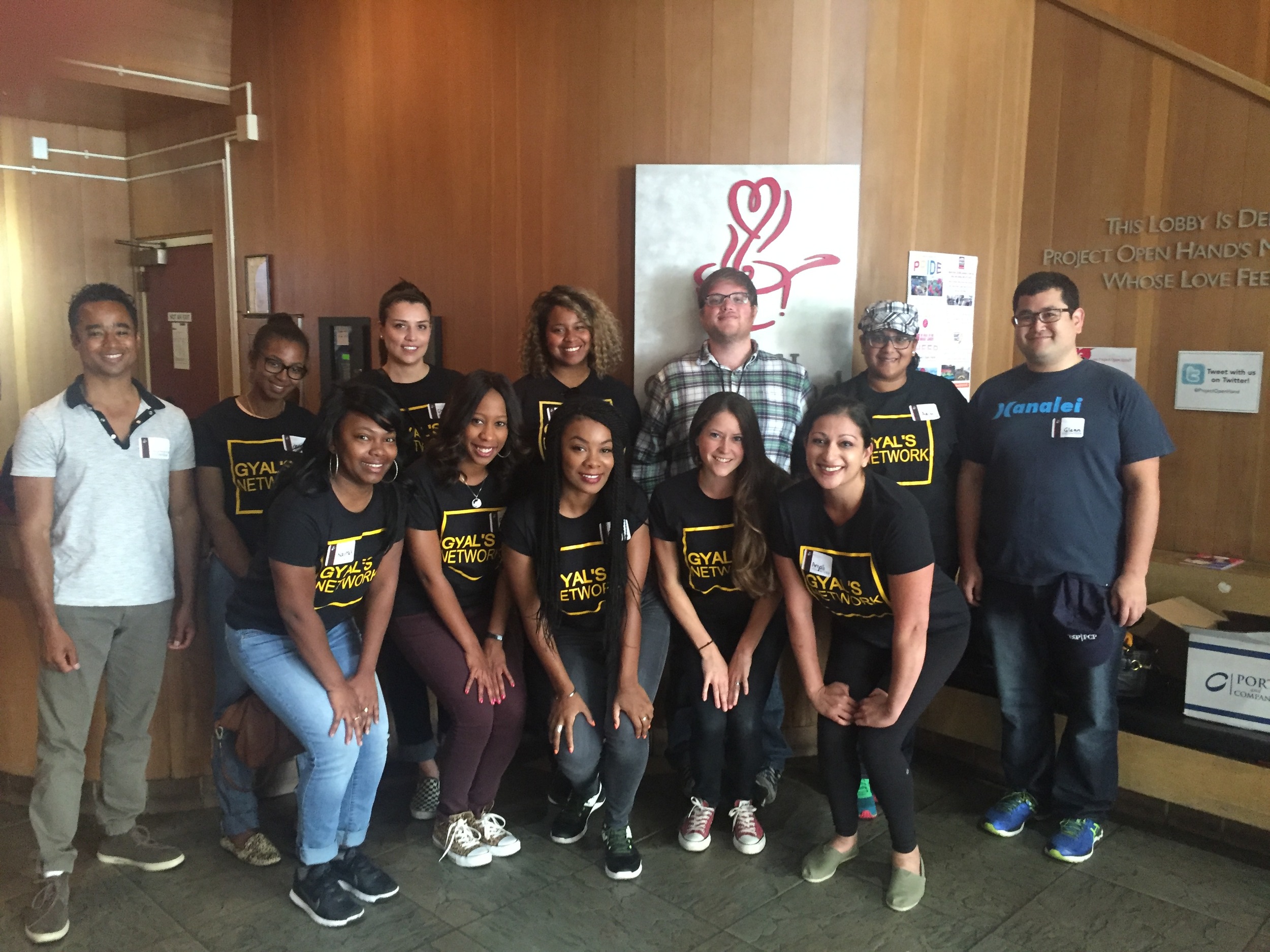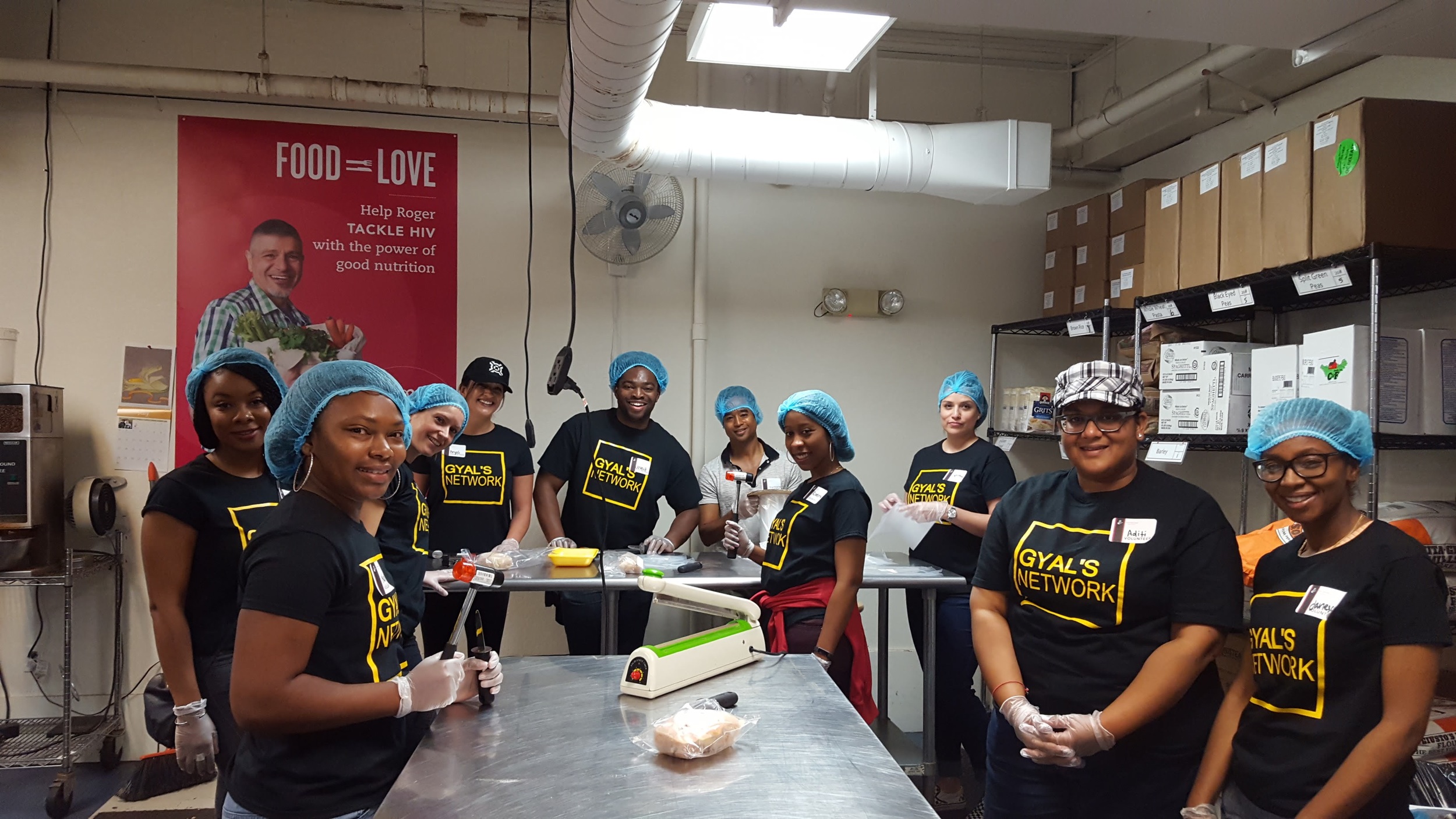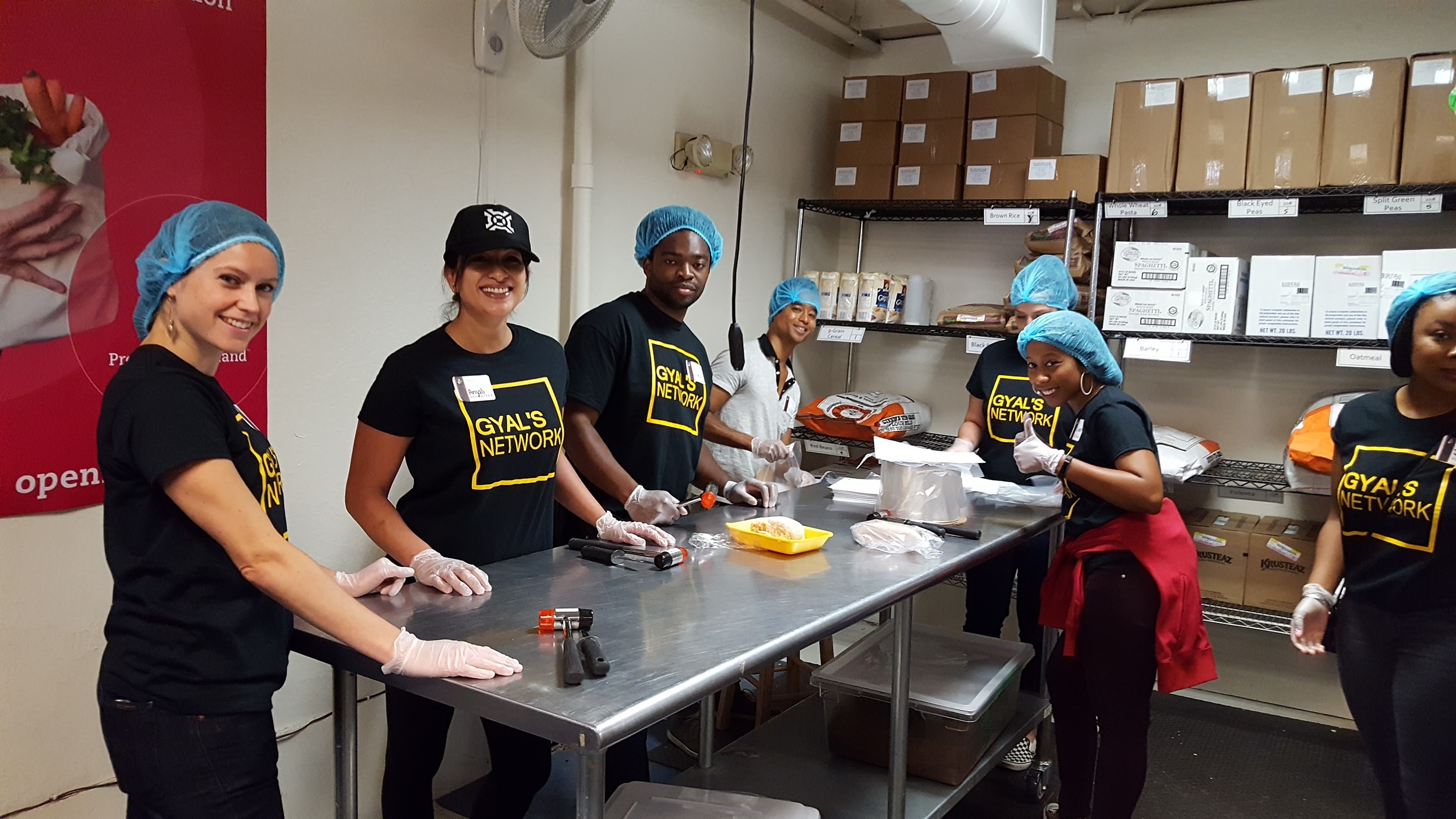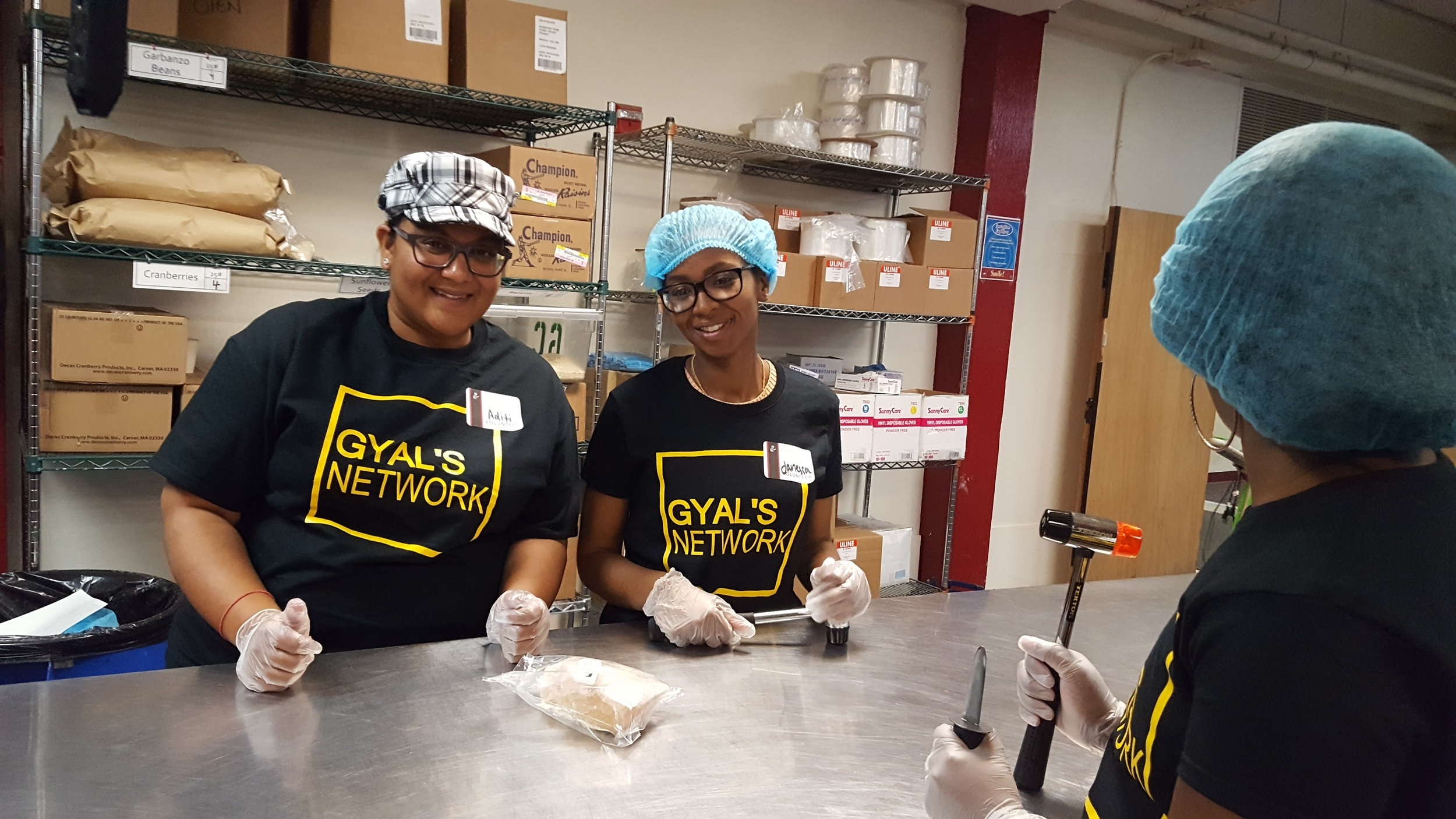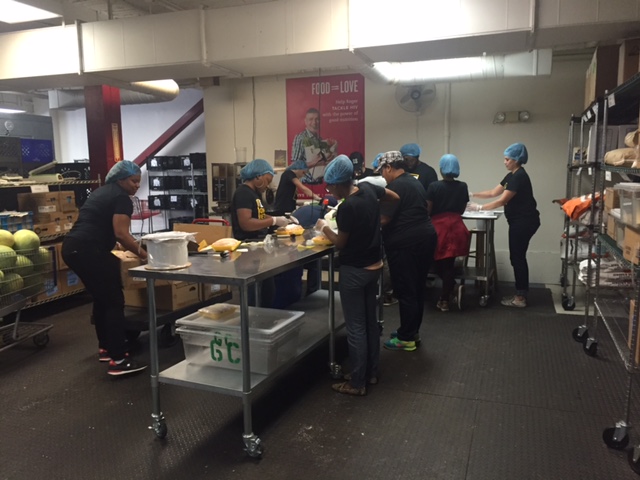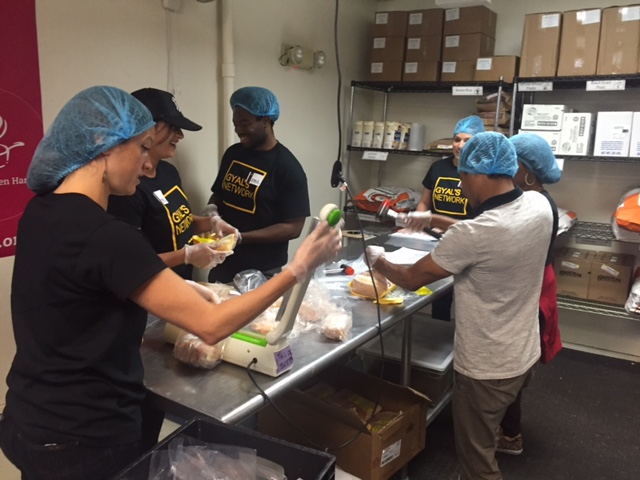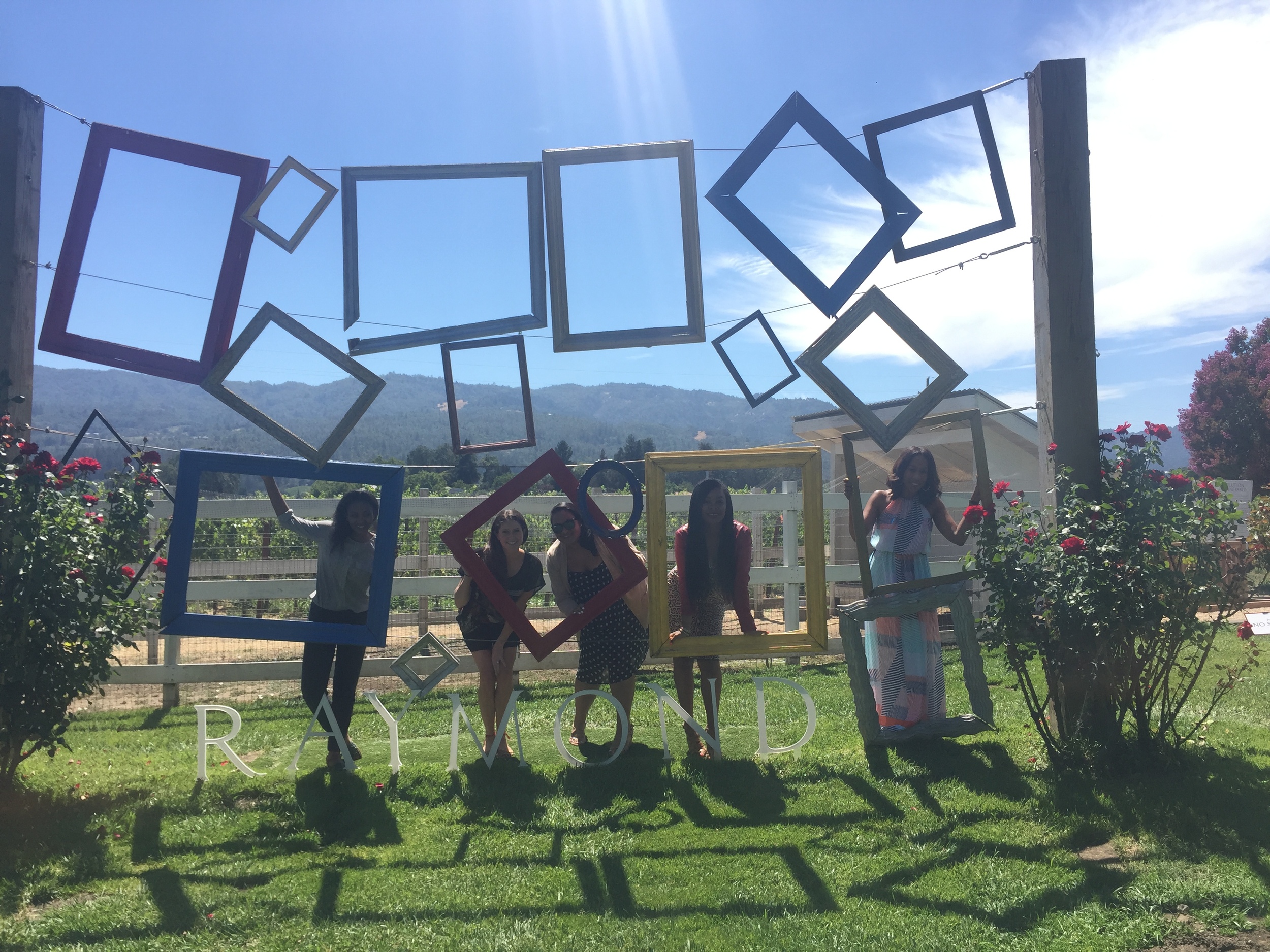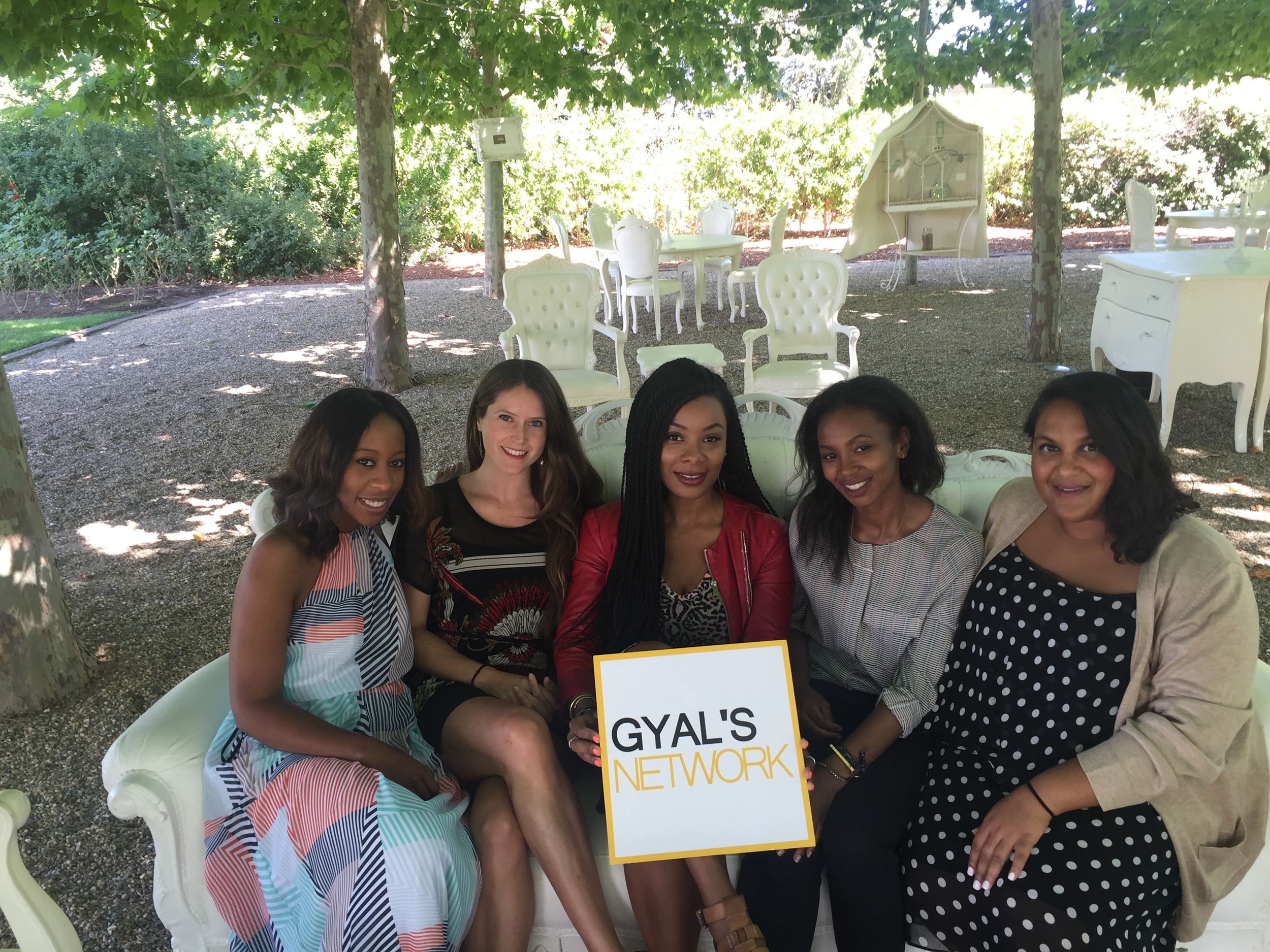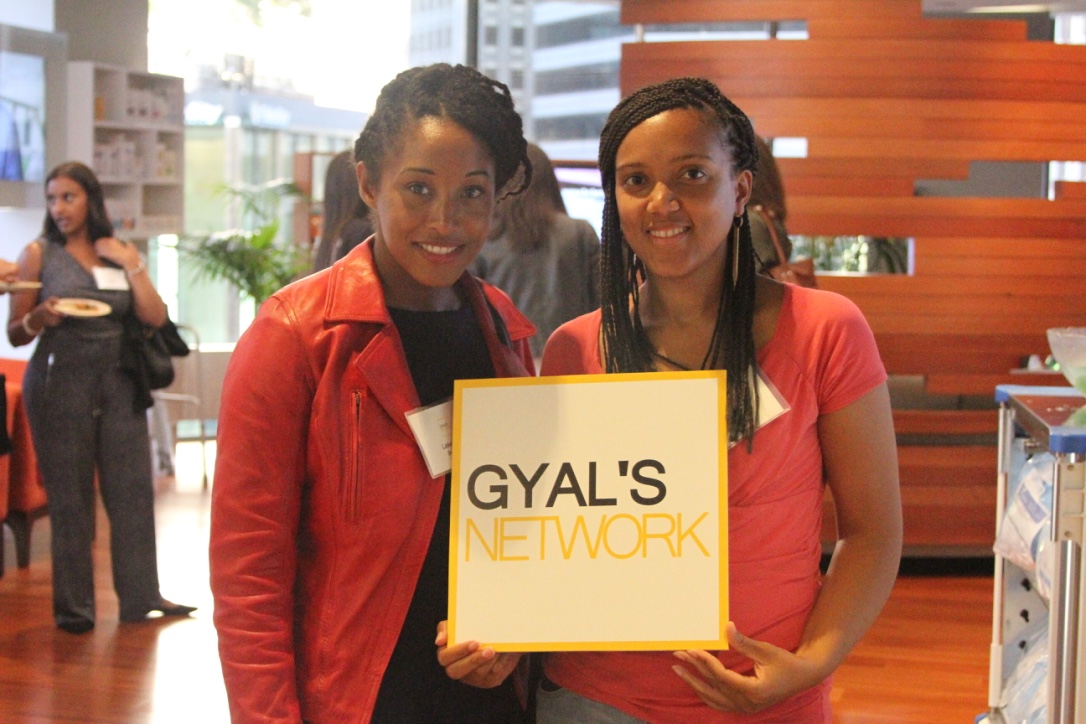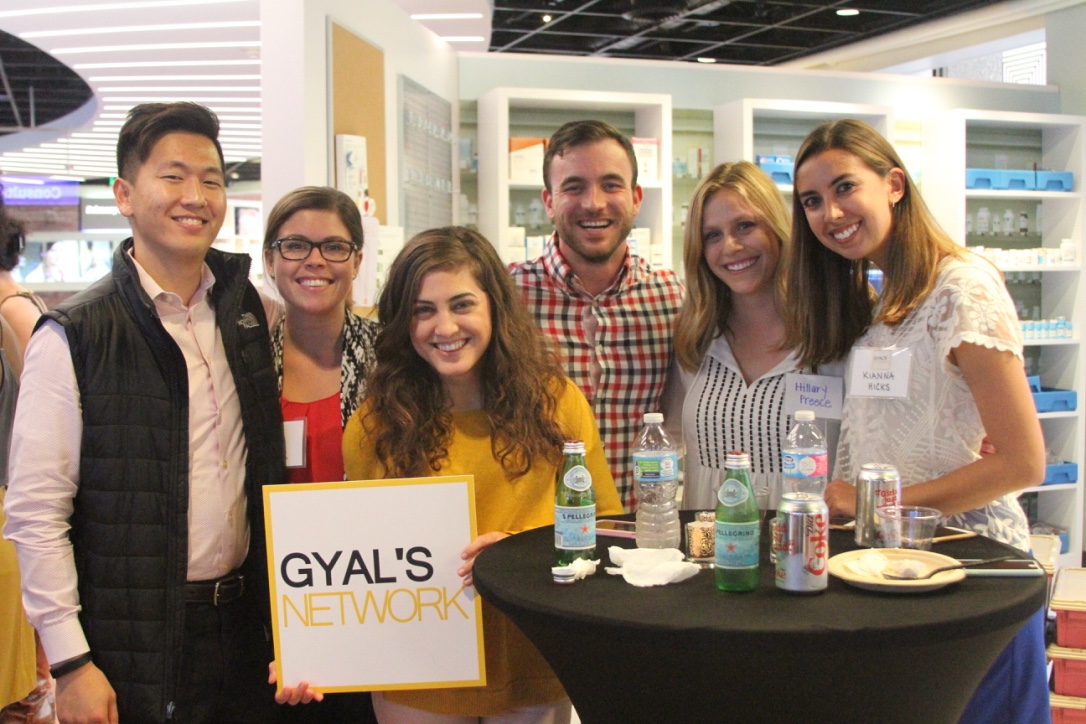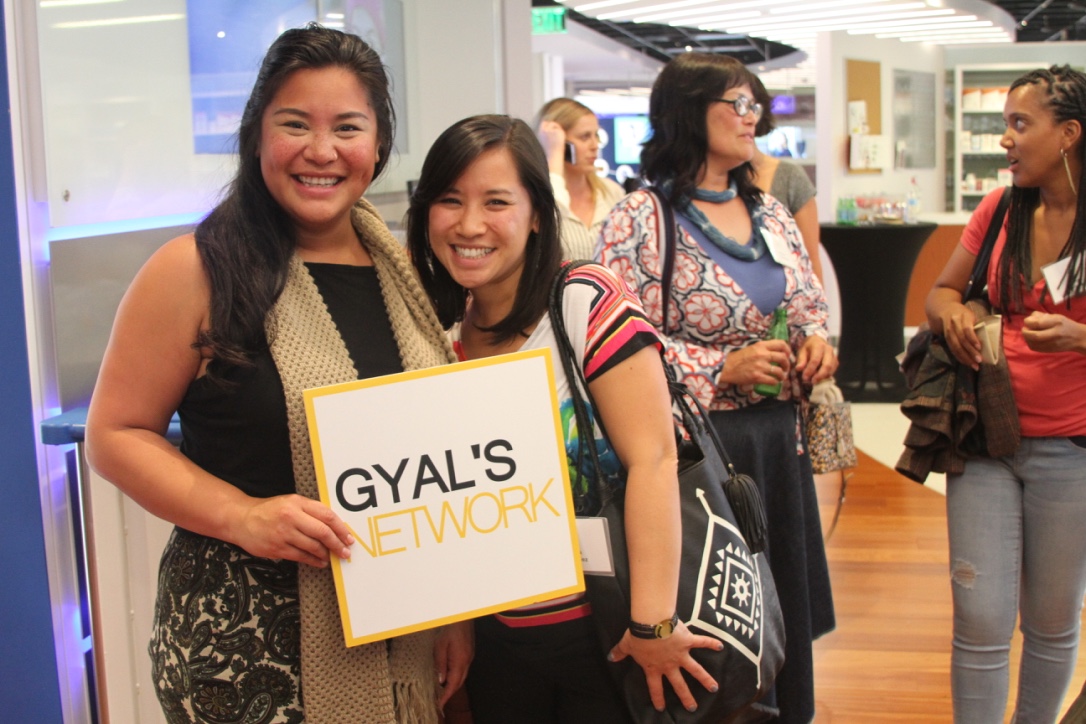Am I a Fraud? Lets Talk Impostor Syndrome
/By Carita Marrow
Carita Marrow
Diversity & Inclusion Talent Program Manager at Adobe #AdobeforAll
Update: As of early 2018, Carita has taken a role as a Diversity and Inclusion Talent Program Manager at Adobe.
“I have written eleven books, but each time I think, ‘uh oh, they’re going to find out now. I’ve run a game on everybody, and they’re going to find me out.”- Maya Angelou
My name is Carita. I am a senior manager at UNCF, largely overseeing our Science Education Initiatives at UNCF. Over the past few years, I’ve administered over 11 million dollars in STEM scholarship funding to 503 African American students. UNCF is the world’s largest scholarship providing organization.
My scholars amaze me with their groundbreaking accomplishments. Over 300 hold doctorates in their respective science disciplines. We have MD/PhDs, lawyers, and Rhodes’ Scholars. We even have our very own NASA Astronaut.
Many have ventured into the tech industry, founding their own startups or in engineering roles for technical companies. I am proud of my scholars and their success.
But yet, among their accomplishments and my successes, I often feel like a fraud.
With a background in the arts and higher education, I feel undeserving to lead and serve the country’s next generation of leaders; as if the arts are somehow “less-than”. I have a constant and lingering fear of being found out aka,“FOBFO”. I succumb to Impostor Syndrome every day I enter the office.
That’s how I opened my, “Let’s get Specialized, “ workshops April 8 on the topic, “ Let’s Talk Impostor Syndrome,” by Carita Marrow, UNCF at the 2017 Project Entrepreneurs Intensive powered by Rent the Runway Foundation and UBS.
How did I get here to present to these phenomenal ladies?My boss and I serve as UNCF HBCU Innovation, Commercialization (ICE) Entrepreneurship community advisors for Project Entrepreneur. We evangelize, read applications and provide suggestions on session topics.
Jennifer Stybel, Executive Director of Project Entrepreneur, approached me earlier this year to lead a workshop on impostor syndrome with a case study analysis. Generally, I reserve this type of workshop for incoming African American STEM students college freshmen and not for female founders. I prefer to remain behind the scenes and out of the limelight. And, while I often zig-zag around the country speaking to high school seniors, college students and more…I kept thinking, “What value can I add to female entrepreneurs?” What could I possibly teach 30 female founders participating in a weekend intensive dedicated for 200 total female founders? Term sheets and rounds of funding aren’t my area. My role takes place much earlier before these ladies make the Next Big Thing; not by providing the funding to build companies, but by funding the college education of the next generation of female entrepreneurs.
Snap out of it, Carita! Like I tell my students to own their excellence, I realized, my feelings of self- doubt coupled with the mainstream stereotypes of being black and a woman were not worth another moment’s waste of energy. Being a leader requires acting like a leader.
After my opening statement at the April 8th workshop, I transitioned to how I overcame my insecurity of feeling like a fraud in my industry during the early years at UNCF. A few years ago, one of my Graduate Fellows, an African American female PhD candidate, called me and forfeited her fellowship funds. This published author had failed defending her thesis on two different occasions. This is not an unusual circumstance where minority women are subjected to a higher standard than others. But her white male counterpart defended successfully after one pass and was not a published author at all. So she had to settle for a Masters. It was then I realized I would no longer sit back quiet in meetings with VPs and Program officers. I would raise my voice fighting for equal opportunity and pushing for new inclusive initiatives for the African American students I serve(d).
During the workshop, I had the women founders self-identify with a few statements:
- It’s hard for me to accept compliments or praise about my intelligence or accomplishments.
- When I succeed, I have doubts about being able to do it again.
- I tend to remember the incidents in which I have not done my best more than those times I have done my best.
- I feel I have to work harder than others.
- When people praise me, I fear I won’t live up to their expectations.
- I feel like I have tricked others into thinking I am more successful than I actually am.
- I have dismissed my success due to luck or timing.
- I downplay my upbringing- degrees, accomplishments or do not mention at all.
If the women identified with more than two statements, then they are victim to impostor syndrome.
Let’s play close attention to that last statement. I resonate wholeheartedly with downplaying my degrees and upbringing. I used to shield my story of being raised in the projects part of my childhood. I used to hide that I am second generation masters recipient. My story is similar to the stories black women face every day. This is our NORMAL. I thought my peers would look down on me placing me into a category of worthlessness. But as I heard more of peers and students stories throughout the years, I shed light on my own truths and I felt rejuvenated. One of the workshop attendees mentioned she never states she went to Harvard Business School. Another one says sometimes she hides that she is on her third venture.
We then took a few minutes to tackle the following cases studies where I asked each to advise the group how they would handle this. I also provided my own suggestions of how to tackle these ( if you would like to know some suggestions, please leave a comment).
- MANterruption
The Case: You are in a team meeting of six including the lead manager. Four men and two women.
The team is celebrating the successful completion of a project you all have been working for months.The men are dominating the conversation which is typical of staff meetings. You begin to discuss the success and next steps. But quickly, you are MANterrupted, talk-blocking. Question: What do you do?
2. The Appearance
The Case: You want to set yourself apart as a woman founder and ditch the “cliche” Silicon Valley: Jeans and Tshirt. However, you decide to wear a dress for the change in the workplace. Someone asks, ““Why are you so fancy today? Interviewing somewhere else?” What do you do?
3. Are you doing this for fun? Sexism, Ladder Culture, and Fundraising.
The Case: You’re raising capital and hearing one of the following:
- Are you single? I think you’d be great for my grandson.
- Does this mean you’re back to work full time?
- You’ll be the prettiest founder in my portfolio.
What do you do?
4. You don’t belong at this Pitch Competition. Mistaken for the Help
The Case: Imagine you are at a pitch competition and one of the few women entrepreneurs pitching. Before it’s your turn, a male founder walks up to you and asks you to make copies thinking you are production or clerical staff. What do you do?
5. Gender Promotion.
The Case: Only a select few women were promoted after a performance review, but a male senior employee does not seem to have an issue with this. What do you do?
We closed the session with me passing out tips to follow as well as tips for Sister Circles & other allies.
Finally, I left each to recite the below positive affirmations in their spare time and tying some of the affirmations on each others’ wrist via ribbons ( Thanks WeWork for the idea from DC’s Creator Awards).
I hope the ladies left inspired to implement some of these techniques while scaling their startup and recognizing their full potential, equity, and fairness. And hopefully, use these tools when creating their own Sister Circles…
It is also my goal to take this, “Impostor Syndrome,” motivational workshop on the road with my sister queens in Tech, Lexi Butler and Gloria Kimbwala.
Thanks, Projector Entrepreneur (Jennifer Stybel & Carmen Mercado), Rent The Runway Foundation and UBS for trusting me and my excellence. A huge shout out to my mom for being my special assistant!
Want to read more articles like this? Subscribe to our newsletter here.
